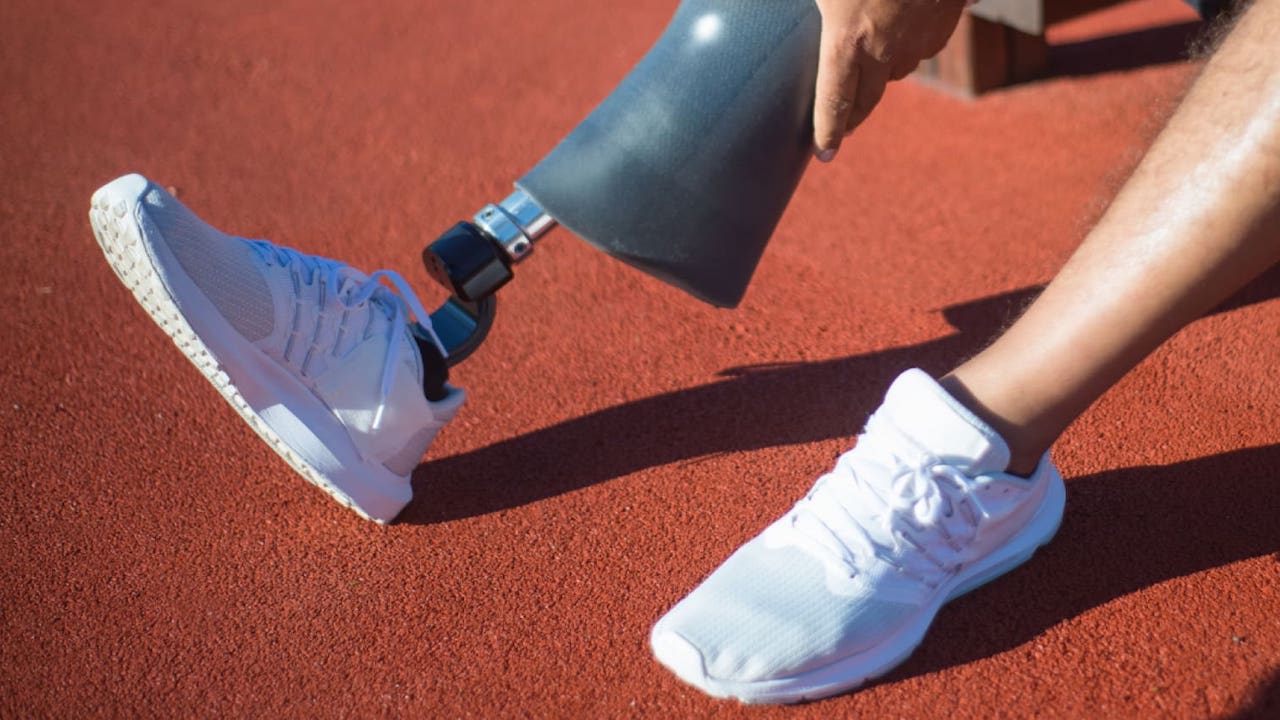British healthtech TG0 has developed a smart prosthetic liner that uses ultra-soft, wireless sensor materials to monitor pressure and comfort, with the intention of reducing device abandonment rates.
The project is addressing a persistent issue in prosthetic use: discomfort. Studies show that 22 percent of prosthetic users abandon their devices, often due to poor fit or pressure-related injuries. This not only negatively affects patient mobility and quality of life but also imposes an estimated £10 million annual burden on the NHS in follow-up treatments and replacement devices.
“The technology we are developing has an unprecedented combination of sensitivity, flexibility, and wearability,” said Ming Kong, CEO of TG0. “Our smart sensor material is designed for continuous, real-world use while being virtually undetectable to the wearer.”
TG0's new sensor technology builds on its earlier success in sectors such as automotive and fitness. For its prosthetic application, the company has developed flexible, polymer-based pressure sensors that collect real-time data on how a prosthetic fits throughout the day. This information can be wirelessly transmitted to clinicians via the cloud, enabling remote assessments and early intervention before discomfort escalates into more serious medical problems.
Current statistics show that even 20 minutes of excessive pressure on sensitive areas can cause skin ulcers or sores, which may take up to six weeks to heal. These complications not only impair mobility but also drive up costs and clinical workloads.
The project, set to run over 18 months, is being developed in collaboration with a network of engineers, material scientists, and prosthetic users. It aligns with the NHS Long Term Plan, which emphasises preventive and digitally-enabled care. By allowing for remote monitoring, TG0’s technology could reduce the need for in-person specialist visits and hospital admissions.
“We're developing a platform technology that could transform multiple areas of healthcare where pressure-related complications cause suffering and drive up costs,” said Kong. “Our vision extends beyond prosthetics to a future where preventable pressure injuries become increasingly rare across healthcare settings.”
While the prosthetics market is undergoing steady innovation, many existing solutions remain reliant on trial-and-error fittings or intermittent follow-ups. TG0’s real-time feedback approach introduces a data-driven method that’s scalable and adaptable across various healthcare settings.



Would you like to write the first comment?
Login to post comments